In the field of import and export, there are many technical terms such as CO, CQ, B/L, HS code, etc., that businesses need to understand clearly. Another term, although less common but equally important, is CDS. So, what is CDS? CDS can be understood in multiple ways depending on the context in logistics and customs. Let’s explore it in detail with ExtendMax below.
1. What is CDS?
1.1 Common Definitions of CDS
In the business world, "CDS" can be an abbreviation for several different terms depending on the context and specific field. Below are some of the most common definitions:
| CDS Definition | Details |
|---|---|
| Credit Default Swap | In import-export, CDS stands for "Credit Default Swap" – a financial derivative used to protect businesses involved in international trade from credit risk. CDS is used to mitigate the risk of exporters failing to fulfill payment obligations or losing money in export transactions. For example, when a borrower cannot guarantee debt repayment, CDS can be arranged with third-party support to address the issue. The contract value depends on the perceived reliability of the CDS seller and is mutually agreed upon between both parties. |
| Customs Declaration System | In logistics, CDS refers to the "Customs Declaration System" – an application used in goods transportation operations. It helps businesses manage and declare shipment information accurately and transparently while ensuring compliance with legal regulations related to imports and exports. CDS simplifies declaration procedures, minimizes errors, and enhances transparency in increasingly complex global supply chains. |
| Customs Declaration Sheet | In Vietnam, CDS often refers to the "Customs Declaration Sheet" – an electronic customs declaration form issued by the VNACCS system, recording all declared information of exported or imported shipments. |
| Customer Data Platform | In marketing and customer data management, CDS stands for "Customer Data Platform" – an integrated platform for collecting, storing, and managing customer information from multiple sources. It enables businesses to understand their customers better, personalize experiences, and enhance marketing campaign effectiveness. |
| Core Data Service | In some organizations, CDS may also mean "Core Data Service" – a service that provides essential, consistent data to all systems and applications within an enterprise, ensuring streamlined business processes and efficient data management. |
Understanding the specific context and industry is crucial to accurately interpret the meaning of "CDS" in business.
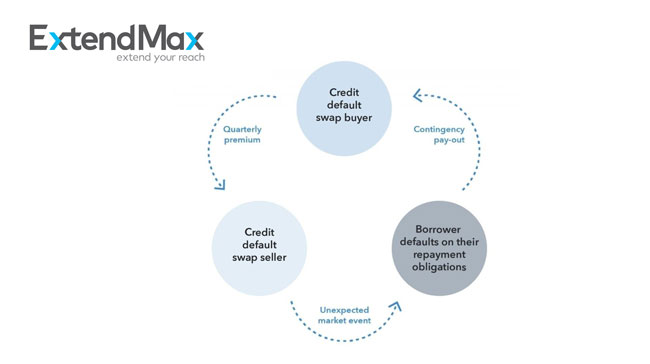
See also: Non-commercial import and export and 6 secrets no one talks about
1.2 Role of CDS in Import and Export
CDS in the industry serves several purposes:
-
Goods information declaration and reporting: CDS allows logistics providers to declare essential information such as product descriptions, value, origin, and customs requirements.
-
Improved accuracy and reliability: It minimizes declaration errors and prevents unwanted issues during shipping.
-
Customs declaration process optimization: CDS streamlines procedures, reduces time and effort, and enhances logistics efficiency.
-
Ensures customs compliance: Helps ensure the shipment complies with relevant laws and customs regulations.
-
Increased monitoring and control capabilities: CDS provides transparency and timely response in inspections and supervision.
-
Boosts logistics competitiveness: Enhances service quality and operational performance, building customer trust and business advantage.
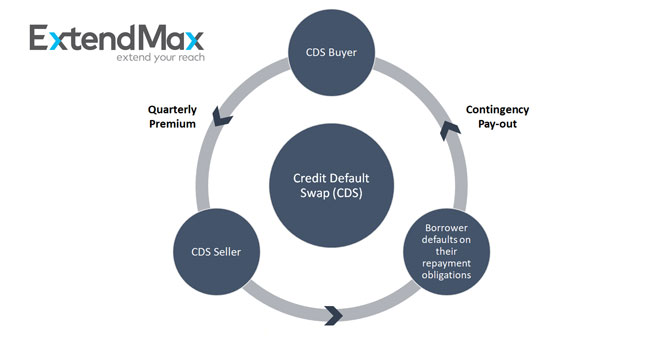
See also: Energy Labeling Registration for LED Lights | Reliable – Efficient
2. What is CDS Closing Time?
“Closing time” or “cut-off” in import-export is the latest time by which exporters must complete customs clearance and container release so that the cargo can be loaded onto the vessel. Missing this deadline means the cargo won’t be accepted and will miss the ship.
For full container loads (FCL) within Asia, cut-off can be just 1–2 days before departure. For longer routes, the deadline is earlier, depending on the carrier’s policy. For less-than-container loads (LCL), the cut-off is typically even earlier due to consolidation time.
In practice, some carriers allow extensions of 3–6 hours based on relationships between forwarders and carriers. Exporting to Japan or Shanghai requires earlier bill submission, typically 3 days prior to vessel departure.
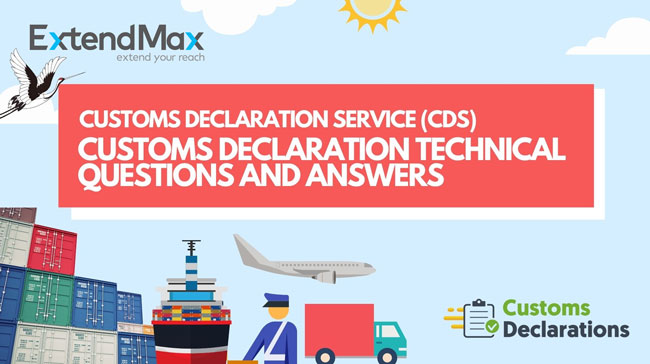
3. CDS Live in Logistics Operations
In logistics, CDS refers to the Customs Declaration System. Here’s how it works:
-
Preparation: Shippers declare goods using CDS with product details.
-
Submission: The information is sent to customs for review.
-
Approval: If valid, customs provides necessary documents.
-
Documentation: Shippers submit the documents to logistics providers.
-
Monitoring: Documents are tracked during shipment to ensure compliance.
CDS is a vital tool to support customs and tax compliance in global freight transport.
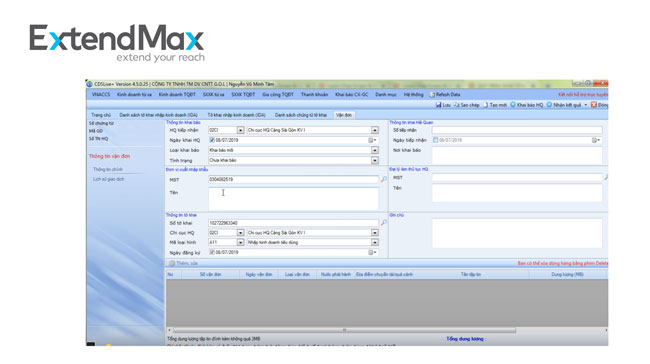
See also: What is consular legalization? When is legalization required?
4. Customs Declaration Sheet (CDS) Template
The Customs Declaration Form is a mandatory document for importers/exporters to detail goods being traded. In Vietnam, the form follows Form No. 01 in Appendix II of Circular 39/2018/TT-BTC by the Ministry of Finance.
It includes:
-
Product description
-
Quantity
-
Value
-
Origin
-
Other relevant data
The information helps customs enforce laws, taxes, and border control.
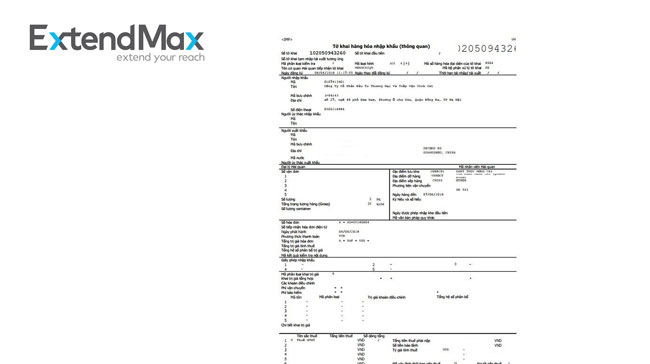
See also: Entrusted import-export of technology products | Full support from A to Z
5. Customs Clearance Costs in Logistics
Customs clearance costs are fees businesses must pay to complete customs procedures. These include:
-
Document preparation and submission
-
Customs inspection
-
Duties and taxes
-
Service fees by agents or carriers
Costs vary by product type, route, and volume, and must be well understood for budgeting.
Conclusion
The above overview provides clear insight into what CDS is and 6 key points businesses should understand in the context of import-export. Regardless of the meaning—Credit Default Swap, Customs Declaration Sheet, or Customs Declaration System—CDS plays a crucial role in managing risk, streamlining customs procedures, and enhancing data accuracy. By mastering CDS and applying it correctly, companies can not only comply with international laws but also boost operational efficiency and competitiveness in global markets.
If you found this guide useful, please support us by leaving a comment, sharing it with colleagues in logistics and import-export, or rating the article. Your feedback motivates us to continue producing high-value content for the import-export community.

_thumb_720.jpg)














